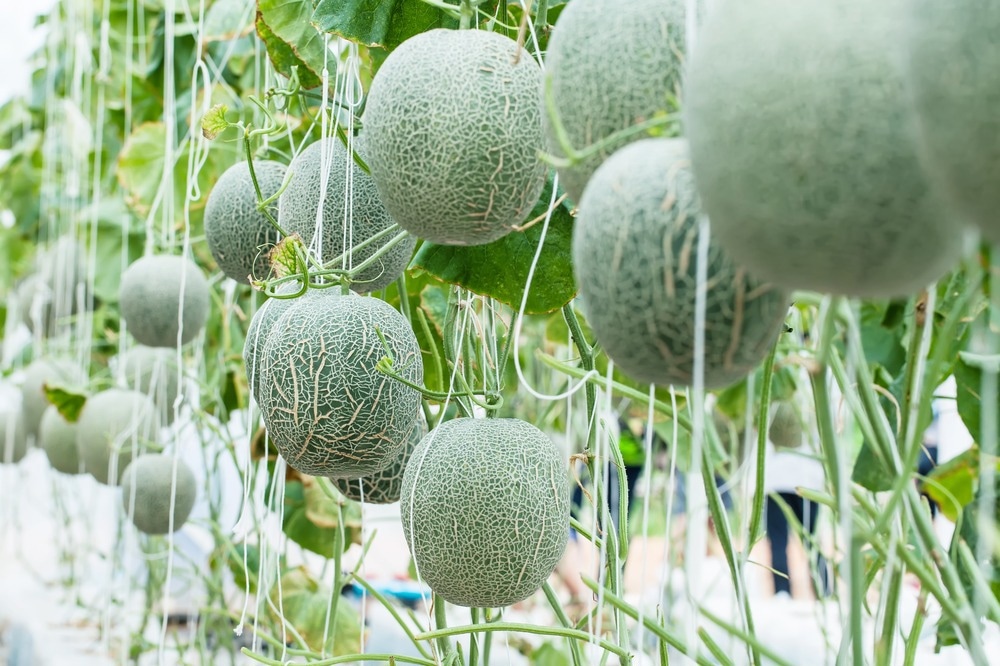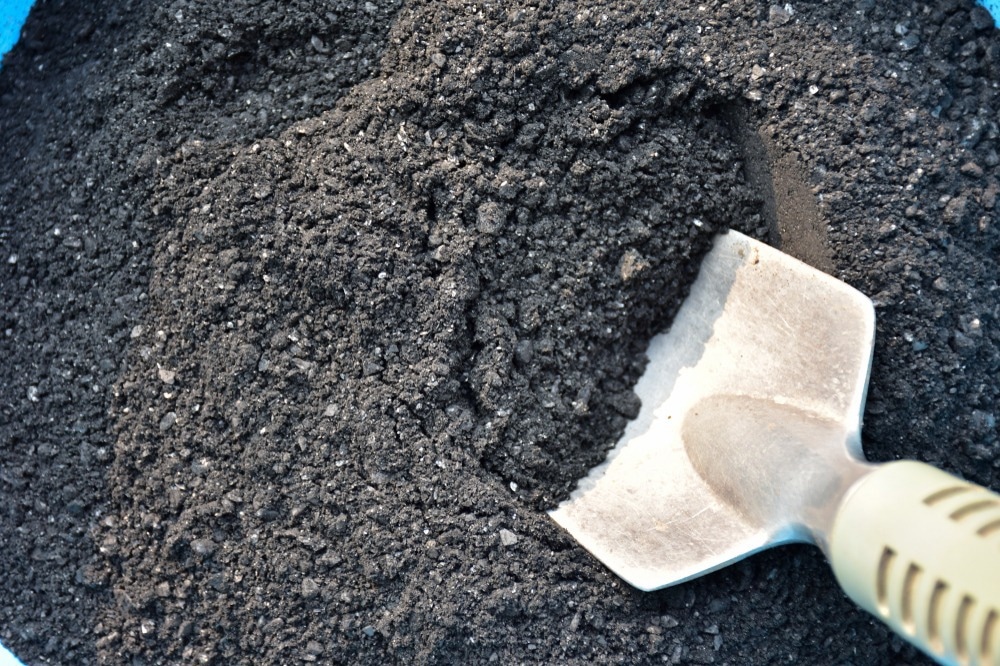Closed loop agriculture refers to the recycling of nutrients in farming systems. This system allows for more sustainable, environmentally-conscious food production that does not compromise soil or plant health. Although current efforts are constrained to finer spatial scales, emerging innovations may be able to contribute towards broader-scale closed loop systems.

Image Credit: tarapong srichaiyos/Shutterstock.com
The need for a better agricultural system
By 2050, food production would need to double to meet the demands of a global population predicted to reach 10 billion people. Emerging environmental and socioeconomic issues exacerbate the challenge. For instance, rural labor force to produce food is decreasing, and so is the availability of arable land, which has shrunk by 40 percent over the last four decades, amplified by the effects of global climate change.
As a result, agricultural policies attempt to develop new strategies and improve existing practices to address these challenges and reduce food insecurity. However, the situation remains dire, as the FAO estimates a third of the food produced globally, or 1.6 billion tons, is lost or wasted annually, despite 30% of the global population suffering from malnutrition in 2020.
These issues were discussed in a 2018 study by Balakuntala et al., in which authors present potential solutions to revolutionizing agricultural practices. This may be achieved by integrating precision-based systems such as cyber-physical machines to reduce the reliance on manual labor, analytical networks to maintain production efficiency, and novel methods of production focusing on closed loop agriculture.
The benefits of closed loop agriculture
In recent decades, the reliance on pesticides, fertilizers, and direct human interference to regulate nutrients in agricultural systems has resulted in the degradation of soil health and extensive habitat degradation. Ultimately, this has contributed to further greenhouse gas emissions and the deregulation of the world's climate. In response, closed loop agriculture focuses to a greater extent on the natural cycles of nutrients that already occur in systems and harnesses natural processes to produce food more sustainably.
Closed-loop agriculture, also known as circular agriculture, is an agricultural system that reduces the dependence on external inputs and focuses on strengthening the nutrient cycle within food production systems. This system works by recycling nutrients and ensuring nutrients are reused during the food production or manufacturing process. As a result, the concept maximizes the use of nutrient efficiency and quality instead of quantity to develop a more sustainable and robust farming system that can work in tandem with natural systems.
A 2019 study by Nahar et al. offers further insights into closed loop agricultural practices. The study focuses on irrigation, which is typically performed in an open loop at the onset of the growing season for crop systems, yet the authors advocate that irrigation can also be used in a closed loop schedule. Already, results from daily closed loop irrigation systems using a controlled scheduler system demonstrate improved performance in terms of crop yield and water conservation in agriculture irrigation.
Using fine-scale automated systems appears to work particularly well in closed loop systems, which can be adjusted in real-time to nutrient loads. However, solutions to food security issues may not be solved only on fine spatial and temporal scales. Promisingly, broader scaled closed loop systems are also showing promising results.
For instance, efforts integrating communities and organizations are underway to refine the applicability of closed loop agricultural practices. This is the case for the Santa Fe Community College, which has been working alongside private companies in Colorado to use renewable energy and leftover food and reduce water usage in closed loop food production systems. The project hopes to lease areas on campus to Ecoponex Systems, which will work with students in a closed loop system to refine closed loop practices, ultimately contributing to the understanding of sustainable farming on community-based levels.

Image Credit: Gulthara/Shutterstock.com
Enhancing closed loop agriculture – biochar and composting
The movement towards more sustainable agricultural practices provides a critical foundation for implementing closed loop agriculture systems. Recent studies have also focused on improving closed loop systems by integrating additional elements. In turn, the improvement of practices will allow for more productive, cost-effective, and applicable systems.
In a 2020 study by Li et al., the authors reviewed the use of biochar to enhance closed system food production. Engineered biochar can be produced using different feedstock materials via various wastewater treatment methods, allowing for more extensive circular recycling of nutrients. The authors conclude biochar has great potential to be used for treating both point-source and diffuse-source wastewater in agricultural systems, thus decreasing water demand while improving crop yields.
Similar improvements were suggested by Dsouza et al. in 2021, who developed a novel farming framework using controlled environment agriculture (CEA). The framework focuses on urban agri-food landscapes, targeting greenhouses, plant factories, and vertical farms, which can be strategically situated to provision urban communities and use efficient closed loop systems. Authors of the study advocate for using natural compost from crop residues and urban biowaste across such facilities, as compost allows to recover carbon dioxide and plant nutrients to reuse in crop production.
Although such innovations may provide useful and applicable elements to improving closed loop systems, challenges remain to be addressed. Nonetheless, supplementary technologies, such as bioponics, ozonation, and electrochemical oxidation, can all be used to overcome operational issues. Indeed, the progress toward integrating efficient and innovative closed systems is already underway.
One such effort is the Plant Chicago organization, which is "working to make our cities healthier and more efficient by developing and sharing the most innovative methods for sustainable food production, energy conservation, and material reuse." The organization is also working to bring small businesses together to cultivate local circular economies. Already, tenants of the project are reusing, repurposing, composting, or recycling over 90% of each other's by-products, demonstrating the success of collaborative efforts targeting closed system agriculture.
Sources:
- (2022, March 9). These Small Businesses Reuse One Another's Waste For A More Circular Food System. AGRITECTURE. https://www.agritecture.com/blog/2021/11/16/plant-chicago-the-circular-economy-and-supporting-the-next-generation-of-entrepreneurs
- Balakuntala, M. V., Ayad, M., Voyles, et al. (2018). Global Sustainability through Closed-Loop Precision Animal Agriculture. Mechanical Engineering, 140(06), S19–S23. https://doi.org/10.1115/1.2018-jun-7
- Dsouza, A., Price, G. W., Dixon, M., & Graham, T. (2021). A Conceptual Framework for Incorporation of Composting in Closed-Loop Urban Controlled Environment Agriculture. Sustainability, 13(5), 2471. https://doi.org/10.3390/su13052471
- Li, S., Chan, C. Y., Sharbatmaleki, M., Trejo, H., & Delagah, S. (2020). Engineered Biochar Production and Its Potential Benefits in a Closed-Loop Water-Reuse Agriculture System. Water, 12(10), 2847. https://doi.org/10.3390/w12102847
- Mayer, K. (2020, May 22). Closed-loop Urban Agriculture. Sparta Capital. https://www.spartagroup.ca/closed-loop-urban-agriculture/
- Nahar, J., Liu, S., Mao, Y., Liu, J., & Shah, S. L. (2019). Closed-Loop Scheduling and Control for Precision Irrigation. Industrial & Engineering Chemistry Research, 58(26), 11485–11497. https://doi.org/10.1021/acs.iecr.8b06184
Further Reading
Last Updated: May 16, 2023